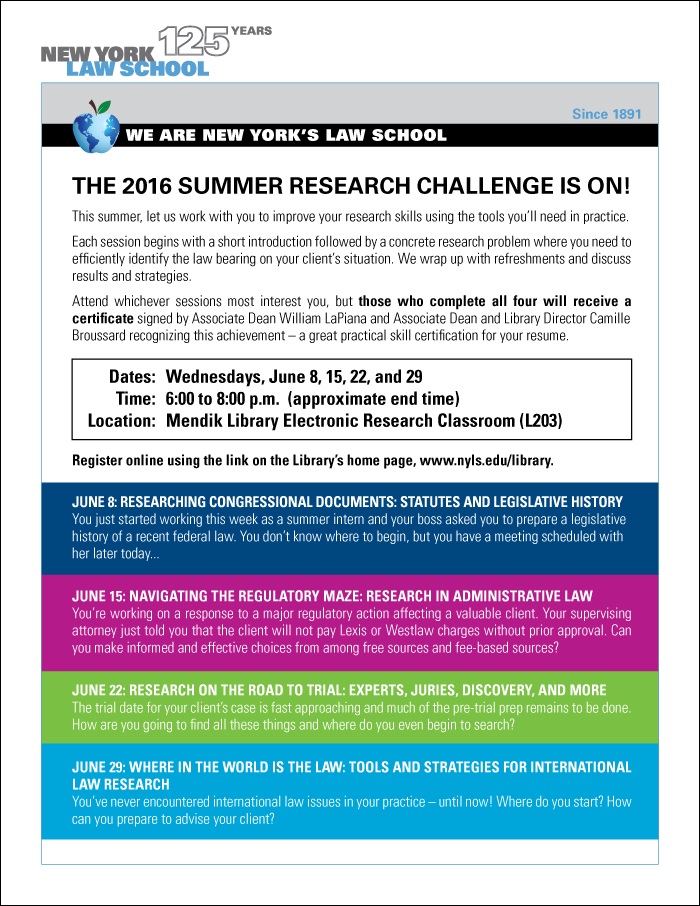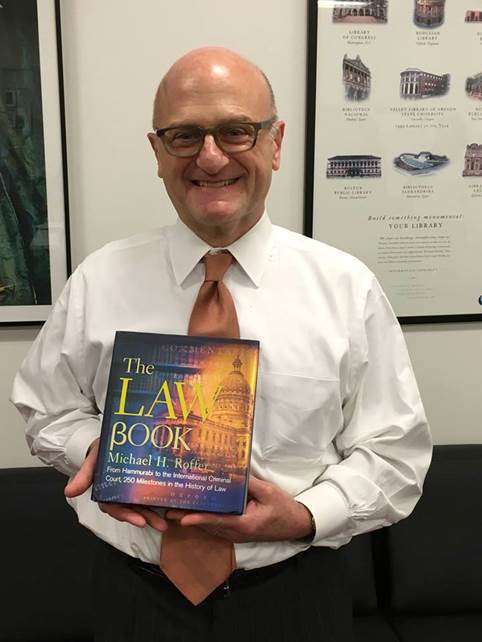Extended Library study hours begin on Tuesday, July 5. On Sundays thru Thursdays, the Library will remain open until midnight. Starting on July 11, classroom space available outside the library for bar studying will be limited before 5:30 p.m. The Library understands that many of you like to study in small groups and occasionally converse. To that end, beginning on July 5, reasonable conversations will be allowed on L-4 for the remainder of the bar study period. If the group study room (L400), the compact shelving area, and two seminar rooms (L402 and L405) are available, please use those first for group study. The group study rooms on L-2 and L-3 are also available for your use. As our signs have always said – one person is not a group. But if a group study room is not available, you are welcome to engage in reasonable conversation at the table spaces on L-4. Floors L-2 and L-3 will remain quiet study spaces. We understand that July can be a stressful month in bar study land. Please remember to be kind to your colleagues: Control the decibel levels and help us keep your Library clean.
If you have questions, please let the reference librarians know. Good Luck and Stay Focused!



